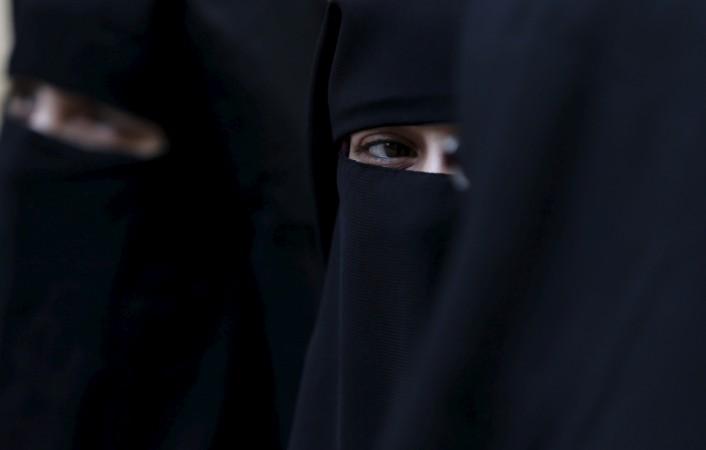
The Supreme Court, in its verdict on Tuesday, struck down triple talaq as 'unconstitutional' and suspended it for six months until the government passed a law after taking into account the concerns of Muslim body and Sharia law. If the law is not passed in the next six months then SC's injunction on it will continue.
It all began in February 2017, when the apex court set up a five-judge multi-faith constitution bench to decide if 'triple talaq' - the oral divorce practice that some Muslims followed- was constitutional.
Meanwhile here's all we know about triple talaq case:
- Back in October 2015, Shayara Bano's husband had given her triple talaq, following which she went to the Supreme Court in 2016, challenging this practice against Muslim women. Shayara, 35, from Uttarakhand had been married for 15 years before she was divorced.
- Shayara, in her petition, had asked the apex court to declare talaq-e-bidat, polygamy and nikah halala illegal as they contradicted the constitutional rights under Articles 14,15,21 and 25.
- The Constitutional bench headed by Chief Justice JS Khehar was hearing seven petitions including five writ petitions from Muslim women which had challenged the age-old practice and had termed it unconstitutional.
- The apex court had further taken into account the question on whether the Muslim women faced gender discrimination during divorce.
- Five judges from five different faiths who heard the triple talaq case are -- Chief Justice JS Khehar (Sikh), Justices Kurian Joseph (Christian), RF Nariman (Parsi), UU Lalit (Hindu) and Abdul Nazeer (Muslim).
- The Court had reserved the verdict on the matter for May 18 after several hearings that began on May 11, 2017. Saying that it would focus on one aspect at a time, the Court, on May 18, refused to hear all three aspects of the petitions - triple talaq, nikah and halala.
- Several BJP members have been in support of the abolition of this practice in Muslim community. Prime Minister Narendra Modi urged the Muslim community to not politicise the matter and appealed to do away with this practice.
- The All India Muslim Personal Law Board (AIMPLB) in their defence opposed the apex court umpiring Islamic issues. They kept their argument on the practice evolving out of Holy Quran and that they were not justiciable.
- During the hearing, the Supreme Court mentioned that Islamic countries like Pakistan do not allow triple talaq. The judges, in favour of the practice, questioned why it should not be abolished in India.
- Critics say that it robs women of their basic rights. A lawyer, representing Shayara, had told the Court that the practice had no basis in law or in Quran.

















